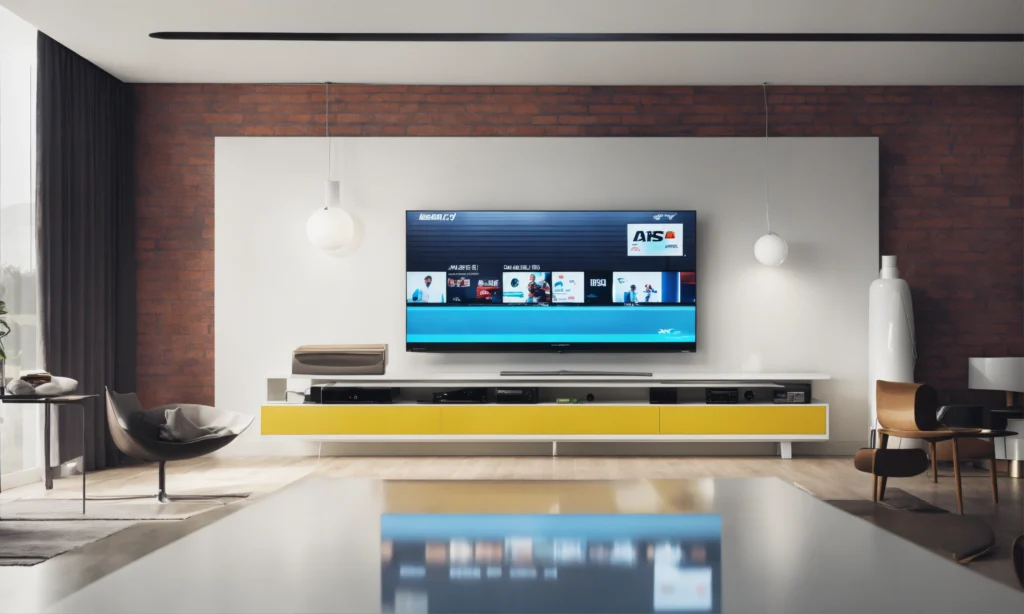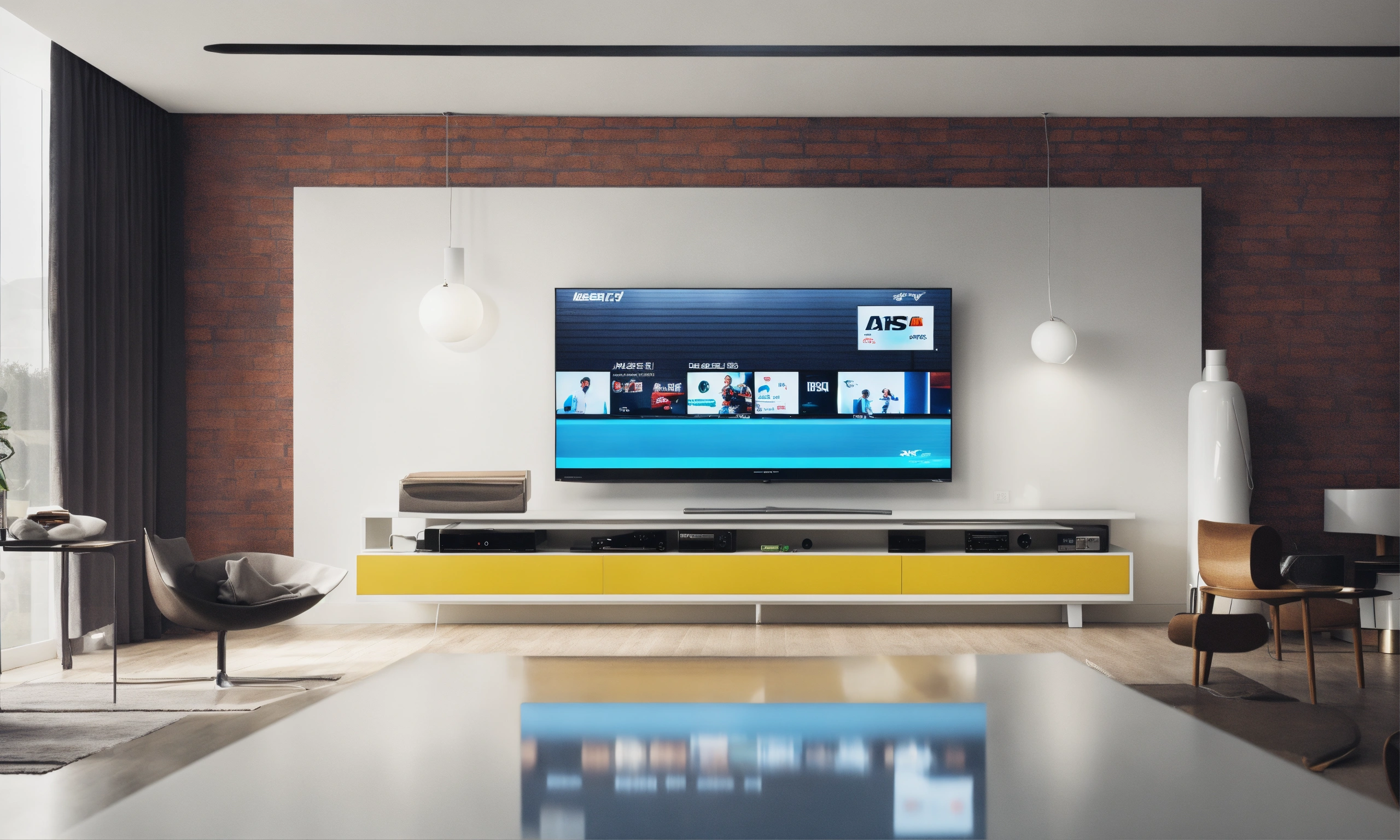
Discover how AI-powered personal assistants are revolutionizing home automation, making everyday tasks easier and more efficient.

The Rise of AI-Powered Assistants in Home Automation
AI-powered personal assistants have rapidly become a staple in modern homes, transforming how we interact with our living spaces. From controlling lights and thermostats to managing daily schedules, these intelligent systems are designed to make our lives more convenient.
The integration of AI into home automation began with simple voice-activated devices like Amazon’s Alexa and Google Assistant. Over time, these systems have evolved, incorporating advanced machine learning algorithms that can predict user preferences and automate tasks with minimal human intervention.

Key Features and Functionalities of Modern AI Assistants
Modern AI assistants come equipped with a wide array of features aimed at enhancing user experience. They can control smart home devices, play music, provide weather updates, and even offer personalized recommendations for activities or products.
Some advanced functionalities include voice recognition, which allows the assistant to distinguish between different users, and natural language processing, enabling more natural and intuitive interactions. Additionally, these systems often integrate seamlessly with other smart devices, creating a cohesive and interconnected home environment.
How AI Assistants Enhance Everyday Living
AI assistants significantly enhance everyday living by automating routine tasks and providing hands-free control over home environments. For instance, users can set up routines that automate multiple actions with a single command, such as turning off lights, locking doors, and setting the thermostat to an energy-saving mode when leaving the house.
Moreover, these assistants can help manage daily schedules, sending reminders for appointments or tasks, and even offering suggestions based on user habits. This level of convenience not only saves time but also reduces the cognitive load associated with managing household activities.

Security and Privacy Concerns with AI Home Assistants
While AI assistants offer numerous benefits, they also raise significant security and privacy concerns. These devices often require access to personal data to function effectively, which can be a potential target for hackers.
Manufacturers are continually working to enhance the security of AI assistants by implementing robust encryption and data protection measures. However, users must also take proactive steps, such as regularly updating their devices and being mindful of the information they share, to ensure their privacy and security.
The Future of Home Automation: What to Expect
The future of home automation is poised to become even more integrated and intelligent, with AI assistants playing a central role. We can expect advancements in machine learning and artificial intelligence to lead to more sophisticated and intuitive systems that anticipate user needs and preferences with greater accuracy.
Additionally, the development of new smart devices and improved interoperability between different systems will create a more seamless and interconnected home environment. As technology continues to evolve, AI-powered personal assistants are set to redefine the concept of home automation, making our lives more efficient and enjoyable.


